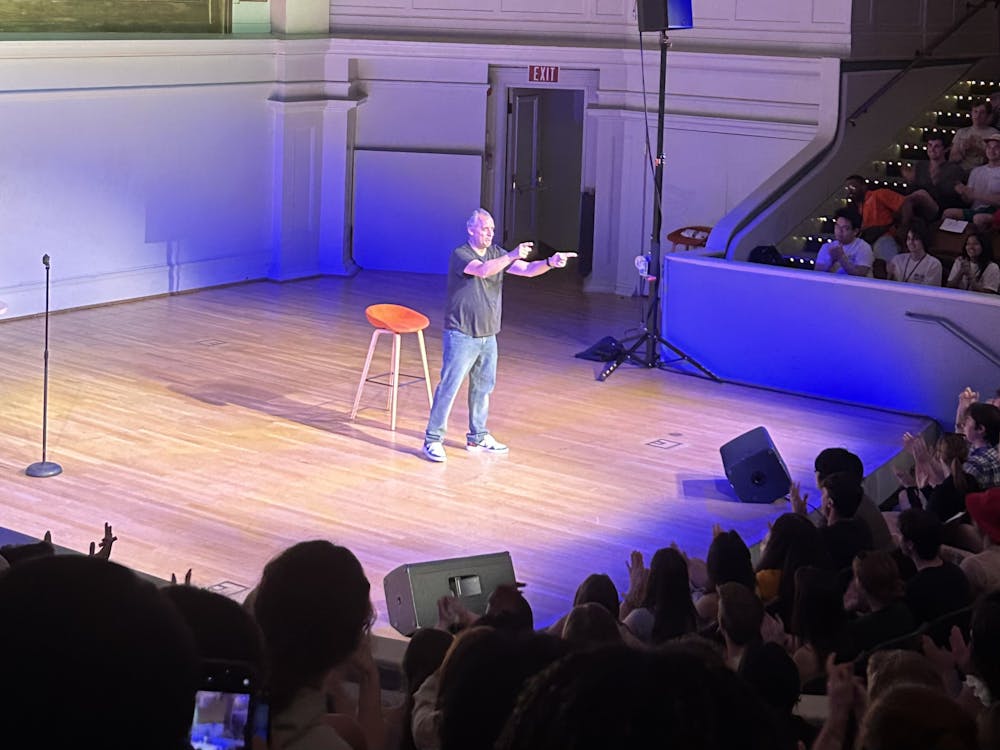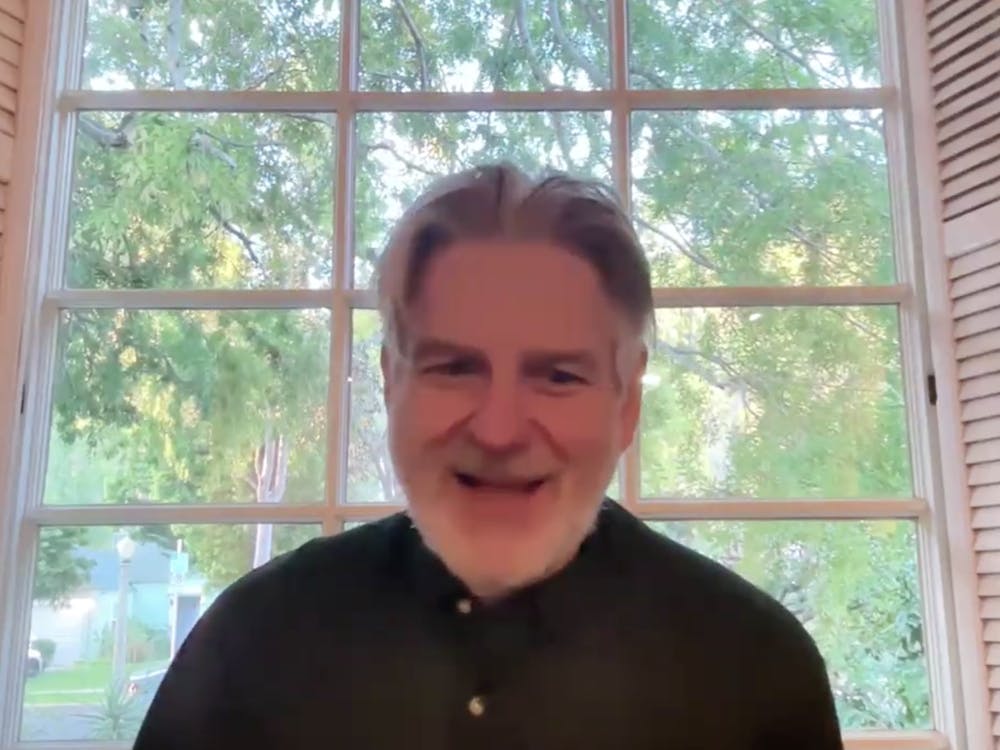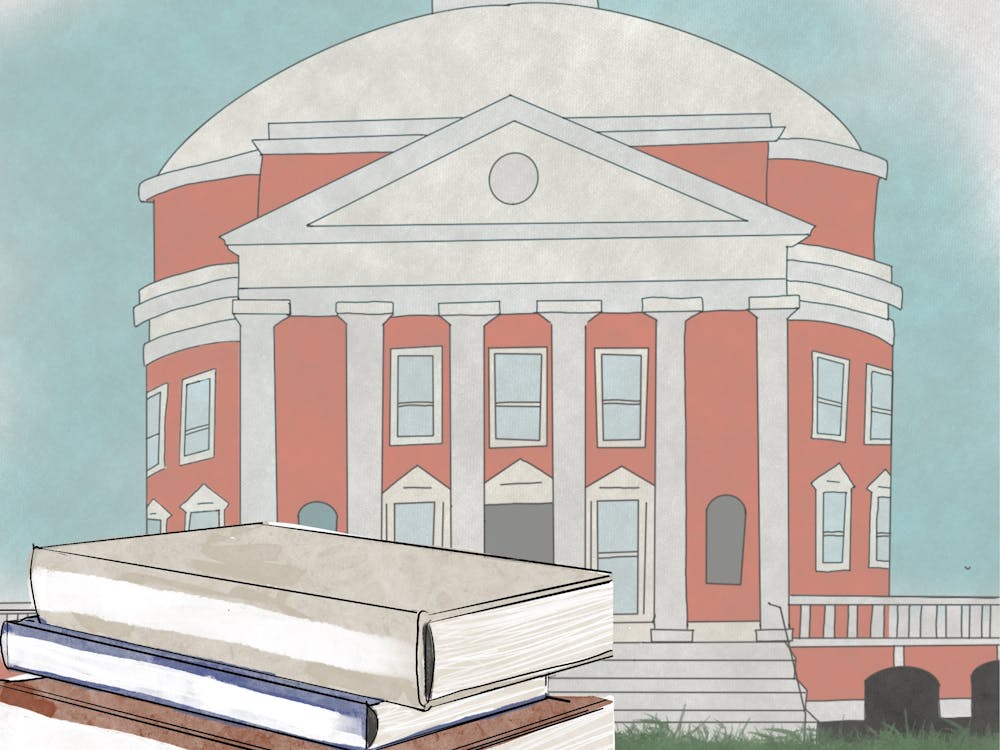中文版请点击此处
The All-Virtual 2021 Virginia Festival of the Book hosted a virtual discussion Friday about “Writing Women, Writing Resilience.” Authors Susan Abulhawa of "Against the Loveless World," Peace Adzo Medie of "His Only Wife" and Diane Zinna of "The All-Night Sun" came together over Zoom to discuss their novels, which all feature strong female protagonists.
To begin the discussion, moderator Catalina Esguerra, the programs manager for the Office of Diversity, Equity and Inclusion at the U.Va. School of Education and Human Development, prompted the authors to read excerpts from each of their books.
Medie began by introducing her book, which is set in Ghana and centers on a young woman, Afi, who is forced into an arranged marriage by her mother. The excerpt focused on Afi’s first meeting with her husband several weeks after the marriage and demonstrated her style of short, straightforward sentences with a strong focus on description.
“The sound startled me and I dropped the phone,” Medie read. “I hadn’t heard the lift stop and open on my floor.”
Next, Zinna was asked to read from her novel about an adjunct professor, Lauren, who grieves the loss of her parents while forming a bond with Siri, a student grieving the loss of her own mother. Zinna’s soft voice narrated this thoughtful and introspective excerpt, which contrasted Lauren and Siri’s experiences with loss.
“I’d white-knuckled it,” Zinna read. “And scrambled, and cried, and ruined my chances, and lost myself.”
Finally, Abulhawa was asked to read from her novel, which follows the daughter of Palestinian refugees, Nahr, through “her transformation as a woman,” while dealing with hardships like becoming a sex worker. Her reading showcased the most daring, sharply shifting tone halfway through the excerpt when Abulhawa revealed that Nahr’s father was “f—king” someone other than her mother.
When Esguerra asked the authors to comment on the importance of the female-led relationships in their narratives, the responses revealed that, in all three books, women play a central role in shaping the growth of the female protagonists. While these female relationships do not always come from the most likely places, like the significant friendship between Abulhawa’s Nahr and the woman who facilitated her prostitution, they all leave meaningful impacts on the women.
“I wanted to write about how the people around us [and] how the women around us, shape our lives,” Medie said.
The other authors shared similar sentiments, which Esguerra expanded on by asserting the significance of representing female relationships, especially in societies where women are undervalued.
“[There’s] this sort of power sphere that women wield in spaces where they’re disenfranchised,” Esguerra said. “They’re still wielding relational power amongst themselves.”
Esguerra made the event especially engaging through her familiarity with and passion for each of the books being discussed. Her position as a reader rather than an author gave her the unique ability on several occasions to connect what the authors said specifically about their books to a larger meaning, making the discussion relevant to viewers who had yet to read all of the novels.
Following the responses about the narrative importance of female relationships, the discussion moved to the importance of place. For Zinna, the long summer days in Sweden offered a contrast to the depth of Lauren’s grief.
For both Abulhawa and Medie, place was important to their writing on a personal level. Abulhawa, who was a Palestinian refugee herself, discussed the emotional shifts that accompany Nahr’s movement from place to place after being displaced from her home country. Medie, born in what she calls the “small town” of Ho, Ghana, also used movement as an influence for emotional growth, making a very intentional choice to begin her character’s story in Medie’s own birthplace.
“I grew up somehow never reading a book set in my hometown,” Medie said. “So place is very important for me as a writer.”
While discussing language and code-switching, or alternating between multiple languages in one conversation or passage, each author offered a slightly different perspective. Zinna referenced the wall built up by language for her American protagonist who moves to a foreign country and struggles to form relationships. Medie resisted heavy translation in her work, noting that it can underestimate the reader when context clues are sufficient to convey meaning. Abulhawa likewise tried not to translate too much Arabic for her readers. In certain areas where she did do so, she translated Arabic phrases directly into English to maintain their original meaning, such as “morning of goodness” instead of “good morning.”
The event ended with interpretations of the novels in relation to the event title — "Writing Women, Writing Resilience." The books chosen for the event featured a variety of different struggles that women are forced to overcome. Zinna’s novel focuses on grief, a common experience relatable to many, including Zinna herself, who strove to convey her own messy experience with grief instead of the cleaner version that her editors wanted. Similarly, Medie and Abulhawa’s novels demonstrate the ways in which women deal with the obstacles of lower societal positions, from loveless marriage to prostitution. While Medie emphasized the importance of “tiny victories,” Abulhawa instead challenged the event title by commenting on the redundancy of the adjective “resilience” in describing women.
“Most of the world has put women in positions of powerlessness,” Abulhawa said. “There is a quality in women everywhere that comes from having to navigate your life, create spaces of power when you’re meant to be powerless. You can call it resilience if you want.”





